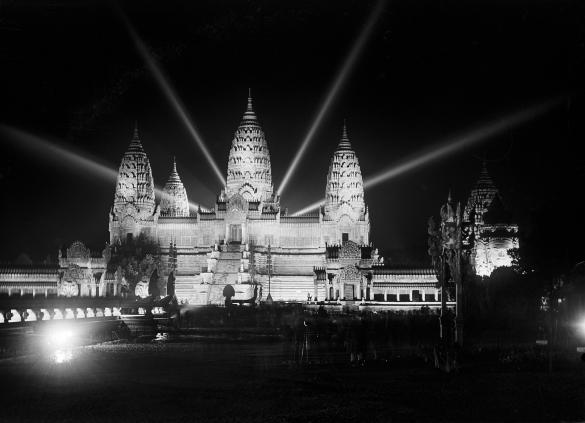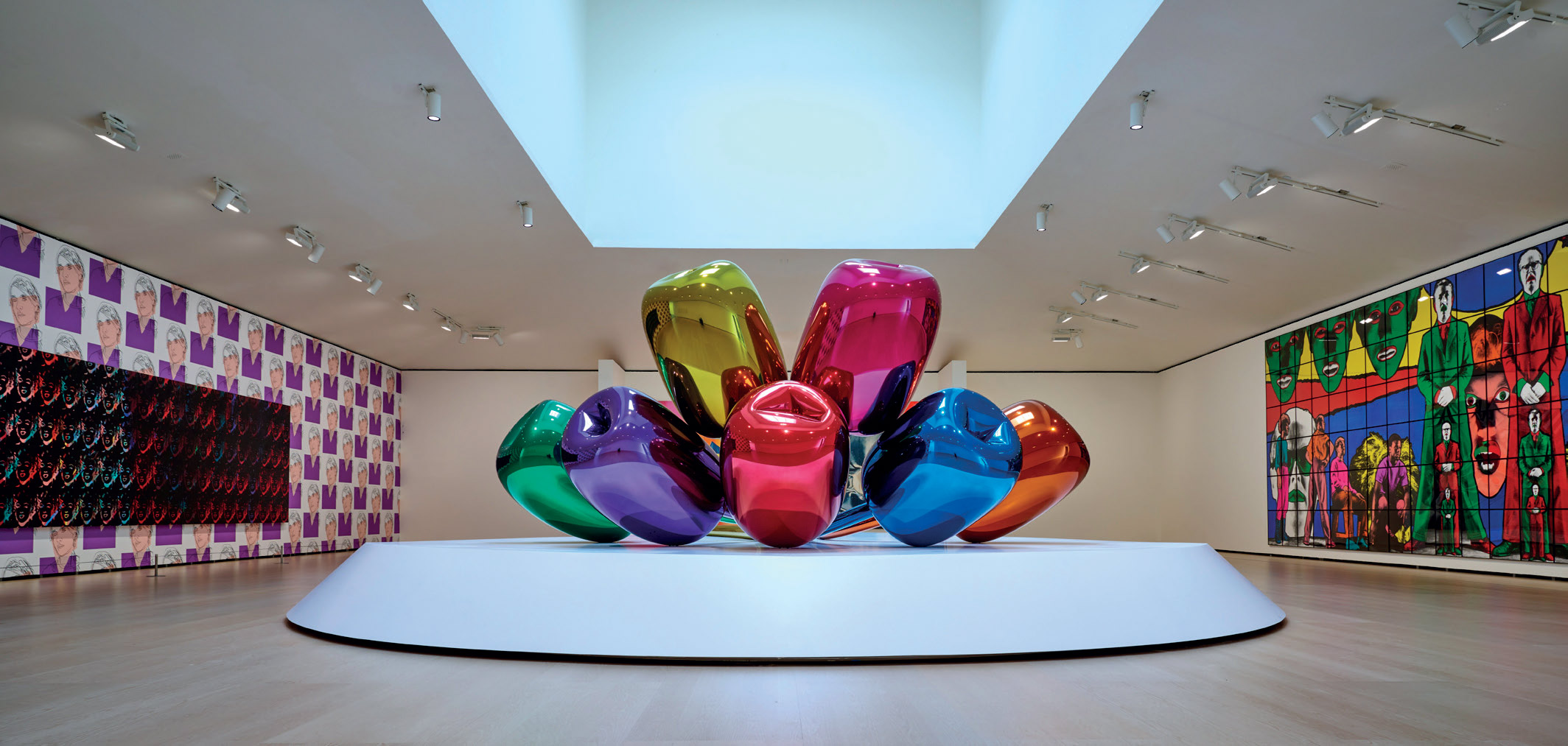
This international exposition promoted France’s colonial missions. The strategic support provided to France by its colonies was vital to its economy during the depression that struck the United States and Western Europe in 1929. Ostensibly aligned with right-wing political agendas, the exposition was formally boycotted by Surrealist artists. They instead participated in the exhibition The Truth about the Colonies (documented in the images nearby), which was also supported by the French Communist Party. The disjunction between the generally left-wing avant-garde, and official institutions (including the École des Beaux-Arts, and its yearly salon), became paradigmatic of the polarization of the French political and cultural panorama.
Here you can listen to an extract of “Minor Swing” (1934) by Django Reinhardt et le Quintette du Hot Club de France. The father of Gypsy Swing, Django Reinhardt (1910–1953) was an inspiring musical figure who bridged the Atlantic by mixing American jazz with French Gypsy and Balkan music.
12th-century Khmer temple of Angkor Wat, 1931. A reconstruction by architects Charles and Gabriel Blanche. © Albert Harlingue / Roger-Viollet
